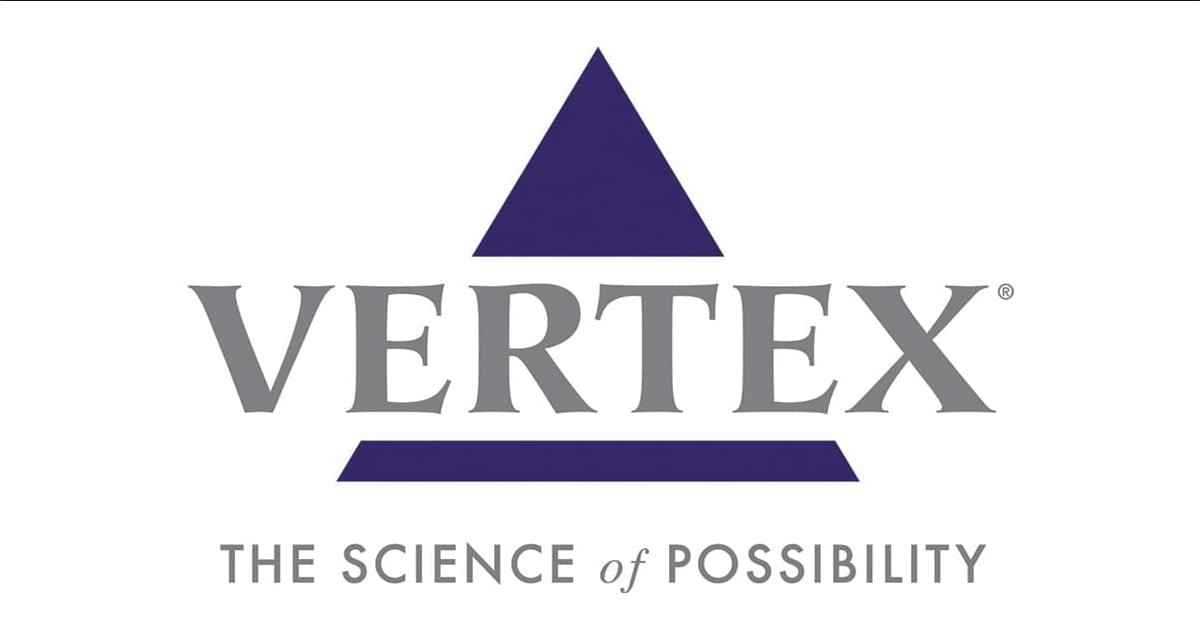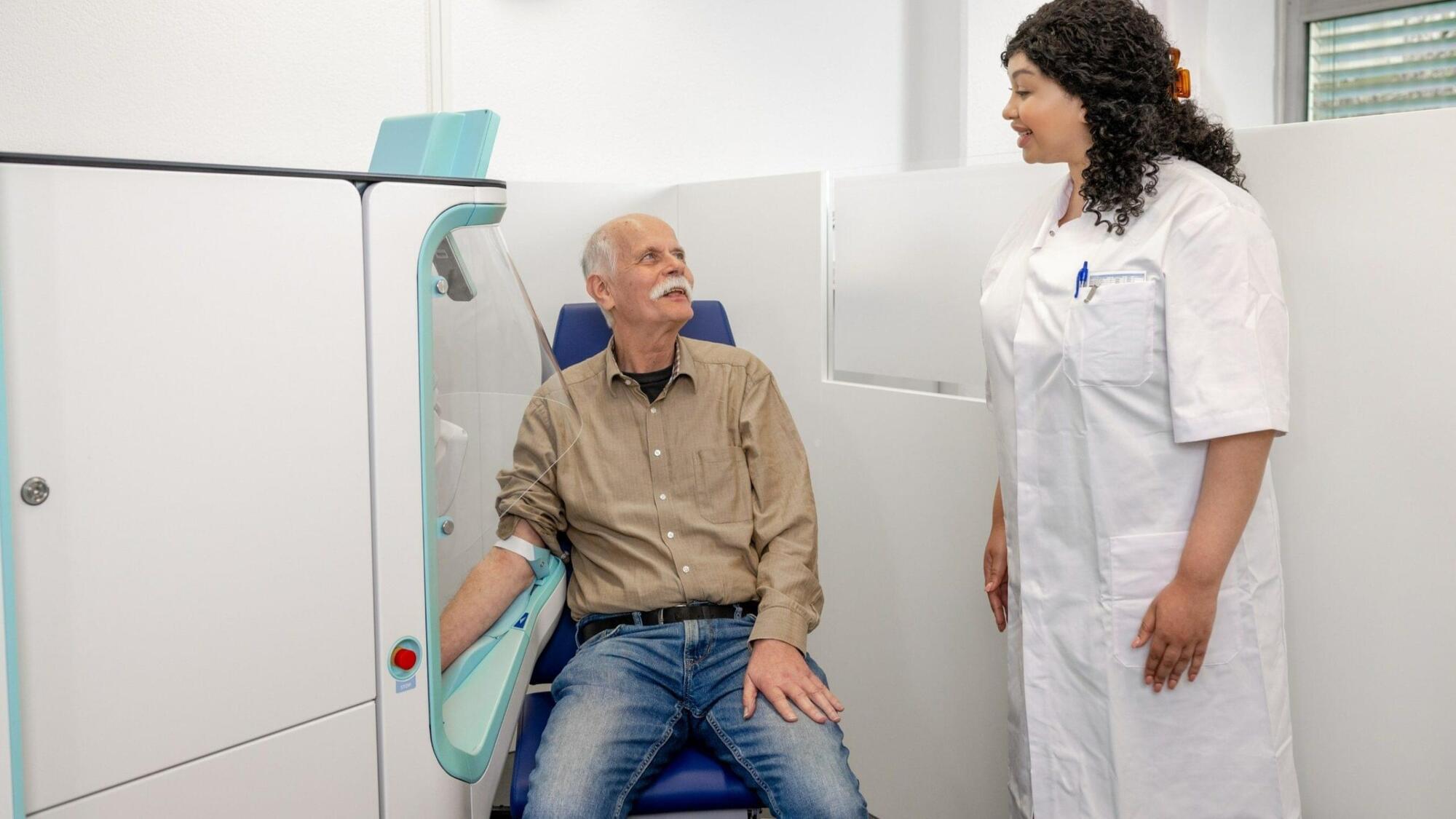Mark Zuckerberg invests heavily in data infrastructure as his company battles the perception that it may have fallen behind in the AI race


An order of intelligence that at the moment is alien to us.
#LLM #largelanguagemodels #chatgpt.
Follow Me on Twitter https://twitter.com/PyMan_Official.
Welcome to my channel, your front-row seat to the AI revolution. I bring you the latest news, trends, and breakthroughs in Artificial Intelligence, from ChatGPT updates to cutting-edge tools and research shaping the future. Everything is explained simply so you stay informed, empowered, and ahead of the curve.
🧠 AI News & Developments.
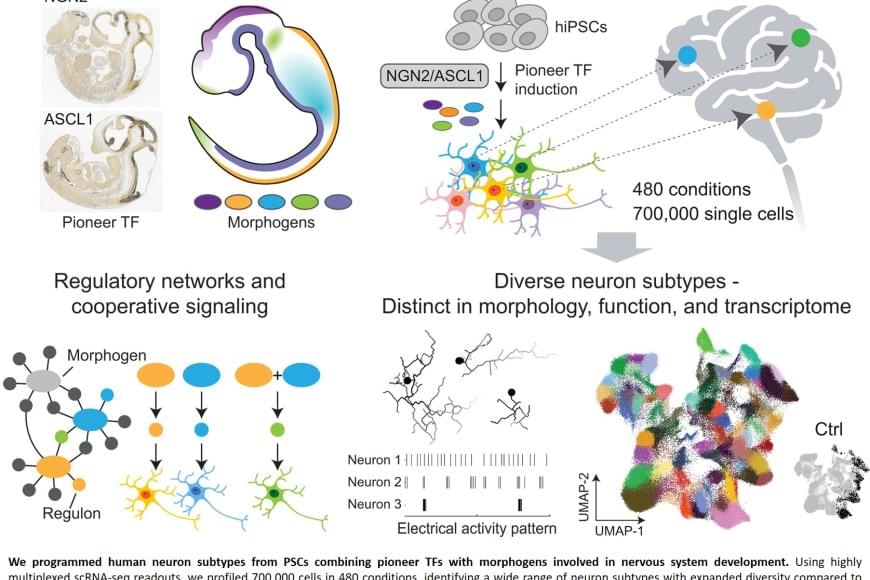
Nerve cells are not just nerve cells. Depending on how finely we distinguish, there are several hundred to several thousand different types of nerve cell in the human brain according to the latest calculations. These cell types vary in their function, in the number and length of their cellular appendages, and in their interconnections. They emit different neurotransmitters into our synapses and, depending on the region of the brain – for example, the cerebral cortex or the midbrain – different cell types are active.
When scientists produced nerve cells from stem cells in Petri dishes for their experiments in the past, it was not possible to take their vast diversity into account. Until now, researchers had only developed procedures for growing a few dozen different types of nerve cell in vitro. They achieved this using genetic engineering or by adding signalling molecules to activate particular cellular signalling pathways. However, they never got close to achieving the diversity of hundreds or thousands of different nerve cell types that actually exists.
“Neurons derived from stem cells are frequently used to study diseases. But up to now, researchers have often ignored which precise types of neuron they are working with,” saysthe senior author. However, this is not the best approach to such work. “If we want to develop cell culture models for diseases and disorders such as Alzheimer’s, Parkinson’s and depression, we need to take the specific type of nerve cell involved into consideration.”

Research led by Sichuan University in China has revealed that bedtime antihypertensive medication dosing improves nocturnal blood pressure control over morning dosing in patients with hypertension.
Hypertension is a major global health challenge. In China, nearly 300 million individuals live with elevated blood pressure and fewer than 17% achieve adequate control. Nocturnal pressure is often the most difficult to manage and can be a better predictor of heart attack and stroke than daytime readings.
Previous studies have examined the optimal timing for antihypertensive medication with conflicting evidence and substantial variability in study outcomes.
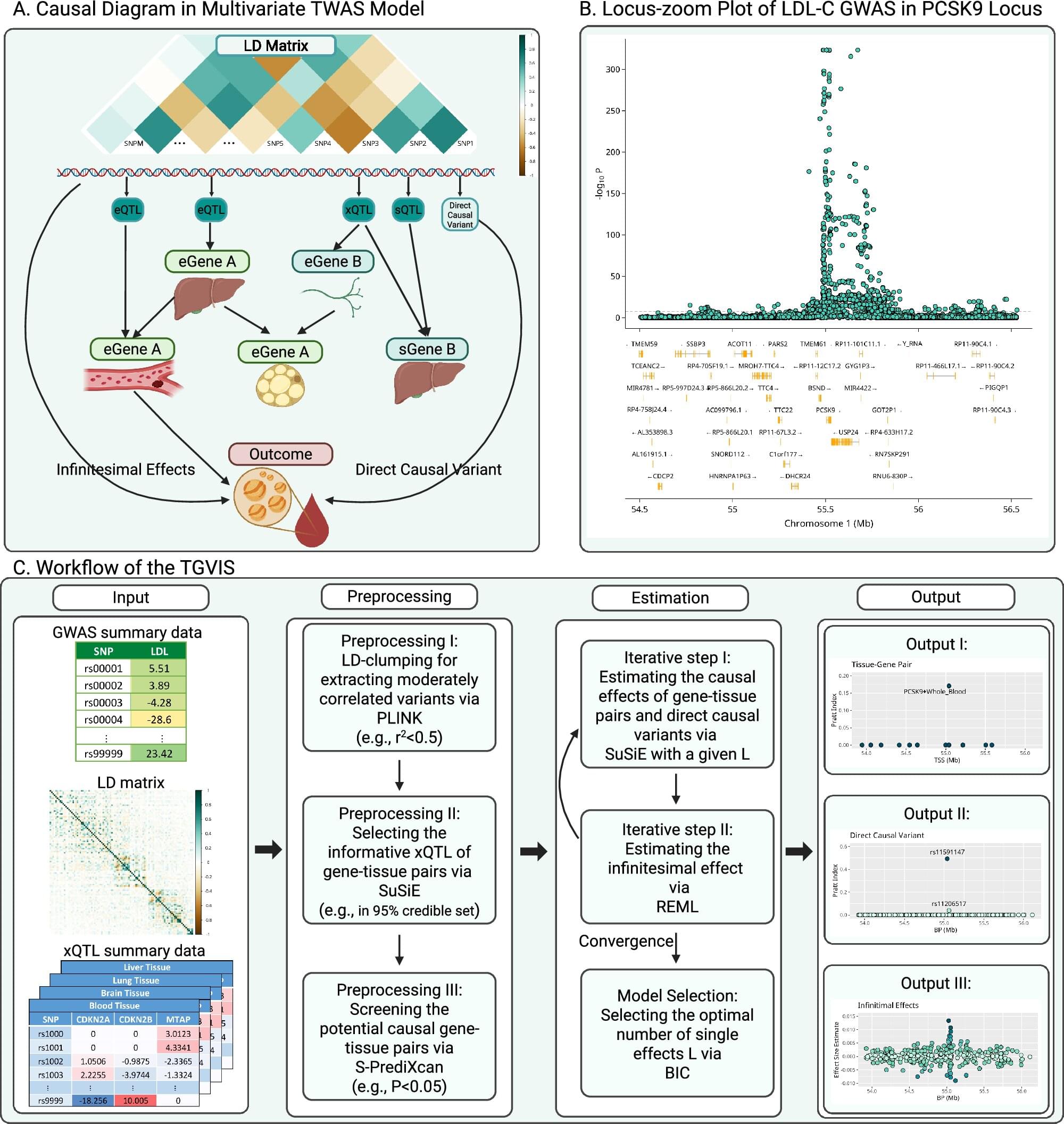
Genetic changes can signal evidence of disease, but pinpointing which genes and what’s changed can be difficult.
But in a study of traits that offer clues to a person’s cardiovascular health —such as lipid and glucose levels and inflammation—a team of researchers at Case Western Reserve University devised a computational method and tool to improve how genes and genetic changes that cause diseases are identified.
Their new approach could allow doctors to detect and treat so-called cardiometabolic diseases earlier in their development. Their findings were recently published in the journal Nature Communications.
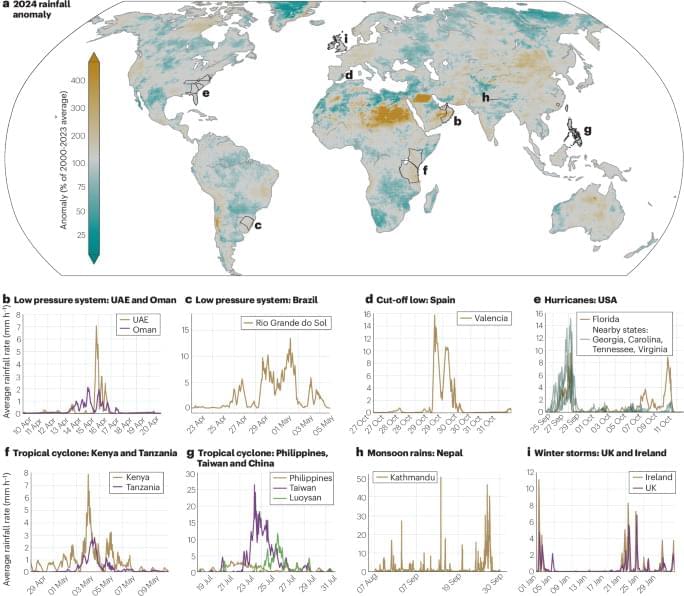
2024 was one of the wettest years on record, witnessing record-breaking extreme precipitation events across the globe, several of which were compound events. Extreme rainfalls were unprecedented in arid regions and parts of the Global South, with severe monsoon rains and rapidly intensifying tropical cyclones causing severe casualties and economic losses.
